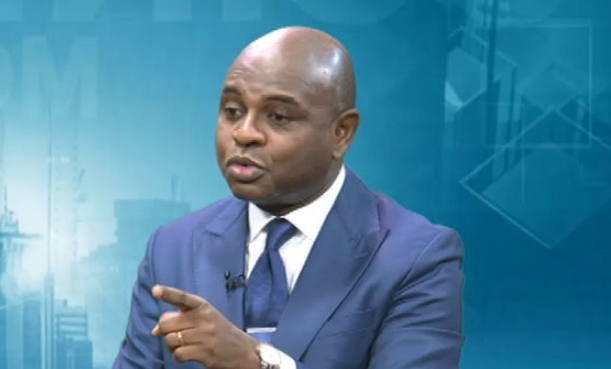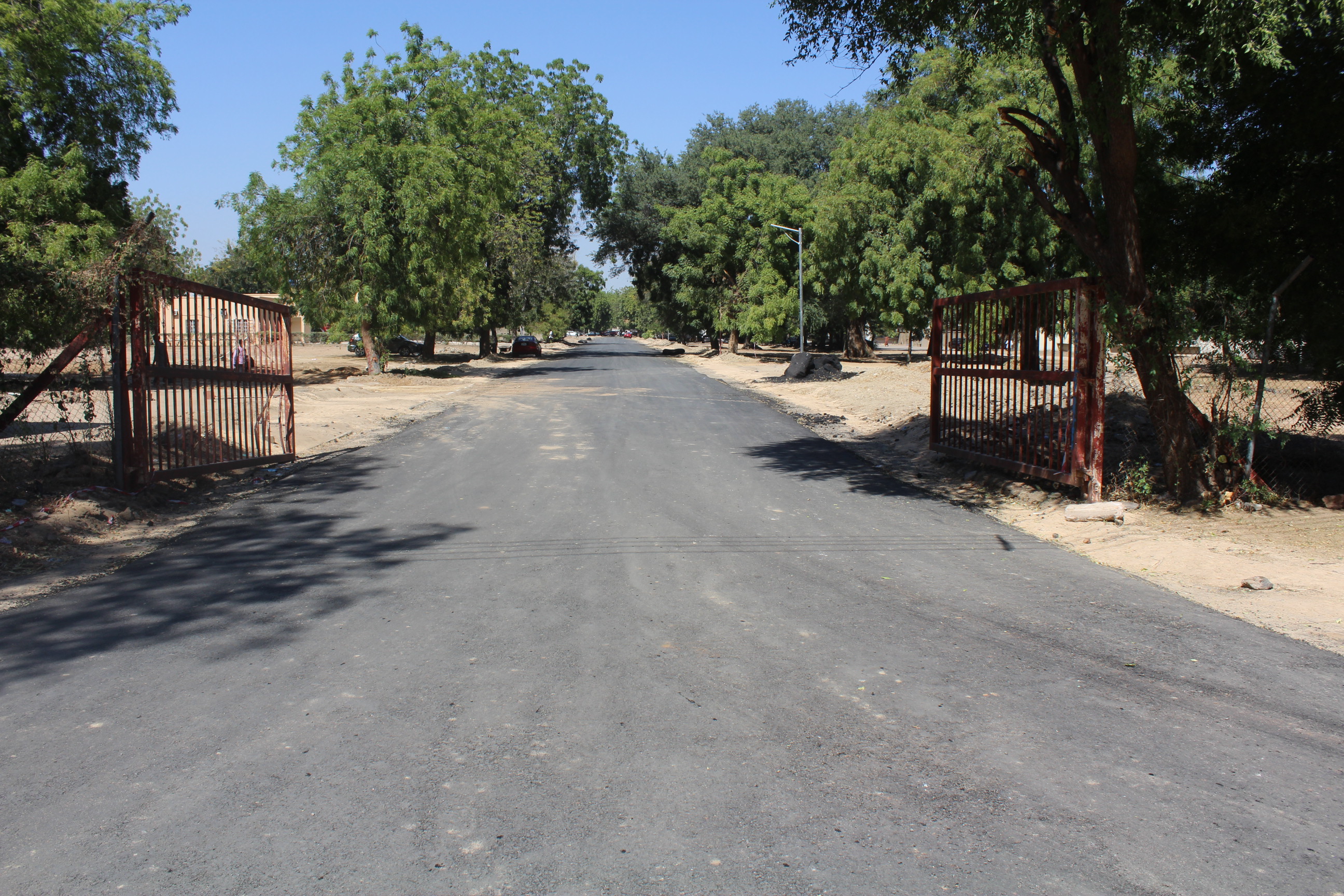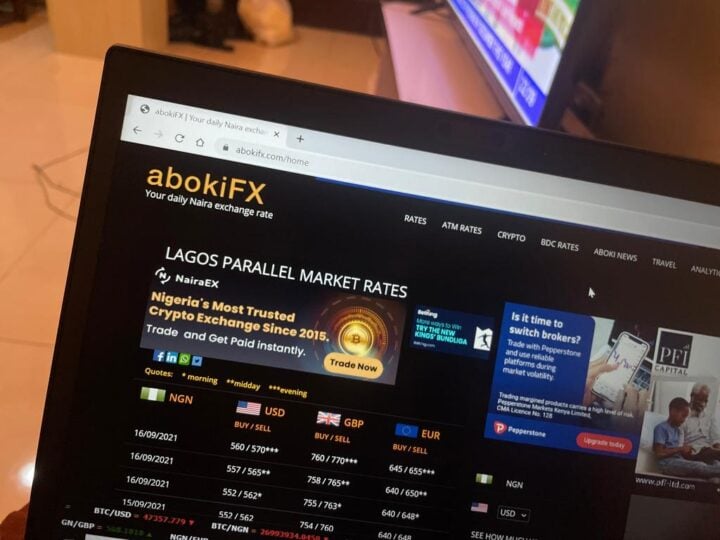BY BABATOPE FALADE-ONIKOYI
I read Professor Moghalu’s article with the title above, which sought to provide a solution to the forex challenges we have been faced with for a while. Indeed, it is good to read intellectual pieces from someone who has aspired for the highest office. In fact, it is relieving to have someone like him in Nigeria. However, I disagree with him on a couple of points.
1. Professor Moghalu opened with the position that the forex problem is not because of the competitiveness and productivity of Nigeria’s economy. He expressed this and also mentioned that our naira is being attacked by speculators who take advantage of weak currencies bedevilled by inflation.
However, inflation like the economist knows is a rise in price levels. And price levels rise because of shortage in goods and relative higher supply of money. In other words, we have more money than goods to buy.
Advertisement
In a nutshell, inflation makes the naira weak and invites speculators.
But this negates the opening statement of Professor Moghalu on the forex problem not being a result of productivity and competitiveness in the arena of international trade because a shortage of goods and services implies shortfalls in productivity and competitiveness in any economy.
And where you have shortfalls in goods, it leads to inflation. And inflation invites currency speculators, right? This establishes a firm relationship between productivity and inflation. Because we will have to import goods to make up for the shortfall. And we use dollars to import those goods.
Advertisement
Like Prof said, the “naira is chasing the dollar”. Demand is high for the dollar because we are not productive.
2. Professor Moghalu also wrote against the current dollar subsidy regime the CBN is operating. He advocated for a “forex rate convergence”, where the market determines the rates and the naira finds its true level with the dollar and other currencies.
While this sounds good in theory, and one may be inspired to agree, we must not ignore another point Professor Moghalu espoused. He said, “removal of the subsidy on the dollar, which is akin to an import subsidy will enable us refocus on exports”.
Dear prof, I disagree vehemently with you, and in fact, I’ll say this statement on the removal of the dollar subsidy helping to refocus on exports is a fallacy.
Advertisement
No country starts exports on the basis of a currency policy alone. What about our energy challenges and production complex challenges? How do you export when you don’t even have the capability to manufacture goods for the local market? You mentioned that we should not focus on primary commodities, how then do we export value goods when we don’t have requisite manufacturing capabilities and power to boot.
We can’t refocus on exports in the short term. And a short term currency policy won’t enable that.
3. In making a case for removal of the currency/import subsidy and convergence of our forex rates, you espoused that such convergence will “likely make our economy to be swamped with dollars because our economy is a profitable one”. The use of the word “likely” means you are also not sure. And if you are not sure, will Emefiele be sure? You are a former deputy governor of the CBN and quite exposed to this matter. If you are not sure, we can’t be sure either.
4. Professor Moghalu expressed an inconsistency in his piece by saying that our forex problems were not because of productivity in the international trade arena. But he finally said the removal of the import subsidy on the dollar will help us export value-added goods. If there is no relationship between our productivity and the dollar, why did prof state exports as an advantage of removal of the import subsidy of the dollar?
Advertisement
5. Finally, the truth is that we don’t have a quick fix to this problem. Not now, not likely anytime in the shortest future. What makes any economy vibrant is productivity and competitiveness. This provides a buffer to absorb shocks of this nature. But what has Nigeria done all these years? We have mismanaged our economy and we are operating a very poor political system which promotes a feeding bottle mechanism for our sub-national (state governments).
Nigeria is not the only country where the value of its currency falls. We are just one of those countries where the currency value falls and inflation rises without any fact-based hope for improvement. The dollar and the euro, even the pound sterling have gone through their own. challenges.
Advertisement
The US for instance has experienced inflation of over 13 percent in the 1980s. In Germany, inflation grew by 322 percent every month between 1922 and 1923. As we speak Japan is struggling with deflation.
But one thing is sure in all these countries. They are productive and manage to weather the storm. As far as I am concerned, Nigeria is paying the price of not building the right Infrastructure and paying more attention to politics, and abandoning development.
Advertisement
This import subsidy is the price we pay for not doing the right things. And if we think that market forces will naturally make an unproductive country productive, then we will only be investing to reap greater problems in the distant future.
Our population keeps rising and is projected to be 401 million in the year 2050. The population of young people will be 60 percent of that 401 million and Lagos state will be home to about 100 million people. What will all these people eat? We will surely be importing to take care of the teeming population and we will also import for those unborn.
Advertisement
We need to get serious with restructuring Nigeria. We need fiscal federalism and other policies that will make Nigeria highly competitive. But as far as we continue importing to eat and function, without a plan for greater economic productivity, our currency will keep suffering.
Babatope Falade-Onikoyi is a management consultant and economist
Views expressed by contributors are strictly personal and not of TheCable.
Add a comment






